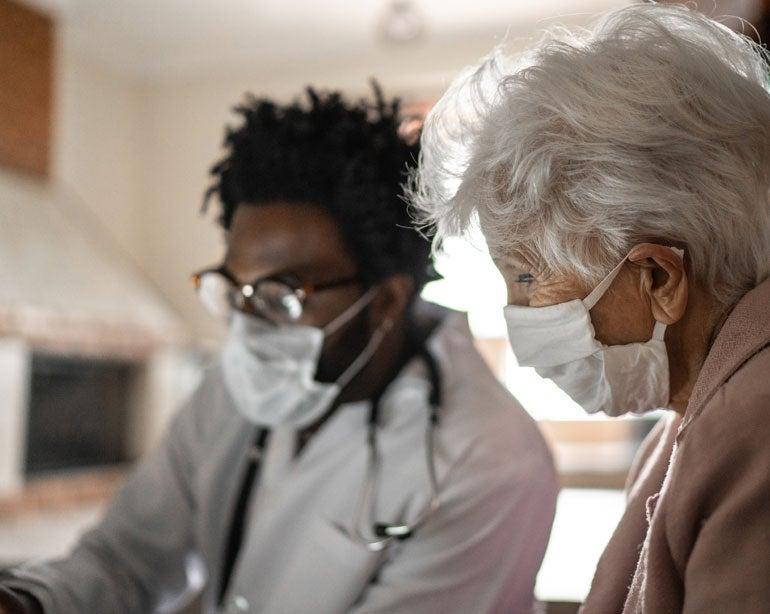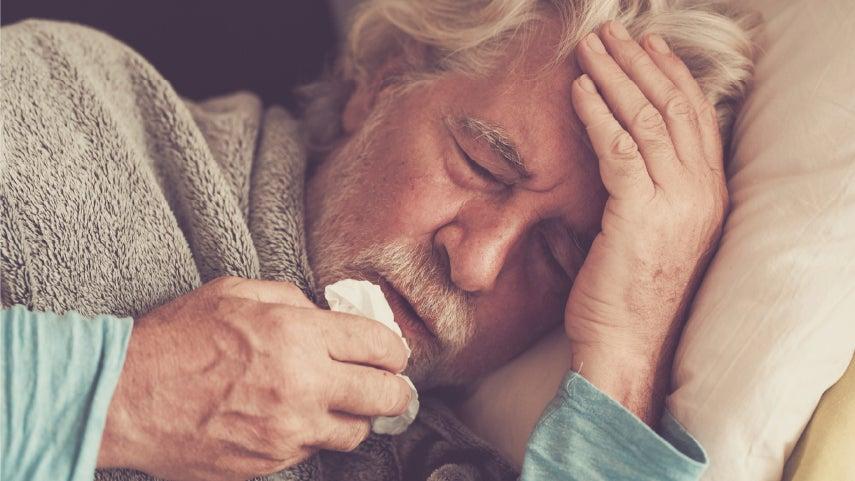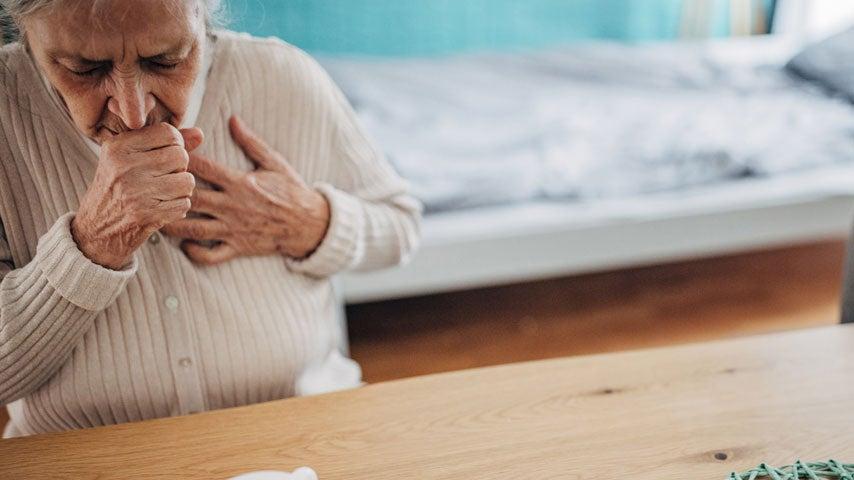COVID-19 Safety and Protection
COVID-19 is no longer an official public health emergency, but we should keep thinking of it as a public health priority. Here we'll help you stay informed about the latest public health guidelines so you and those around you can stay protected. Learn more about the latest tips and advice.

What to Know About COVID-19 Tests
COVID-19 testing is a powerful tool for limiting the spread of the virus and getting back to normal life. This guide is designed to help you determine when and where to get tested—and what to do if you test positive for SARS-CoV-2, the virus that causes COVID-19.
More Stories
COVID Vaccines: What Older Adults Need to Know
Jan 17, 2025
5 Important Advantages of mRNA Vaccines
Jan 15, 2025



